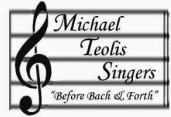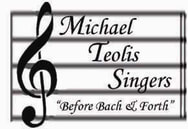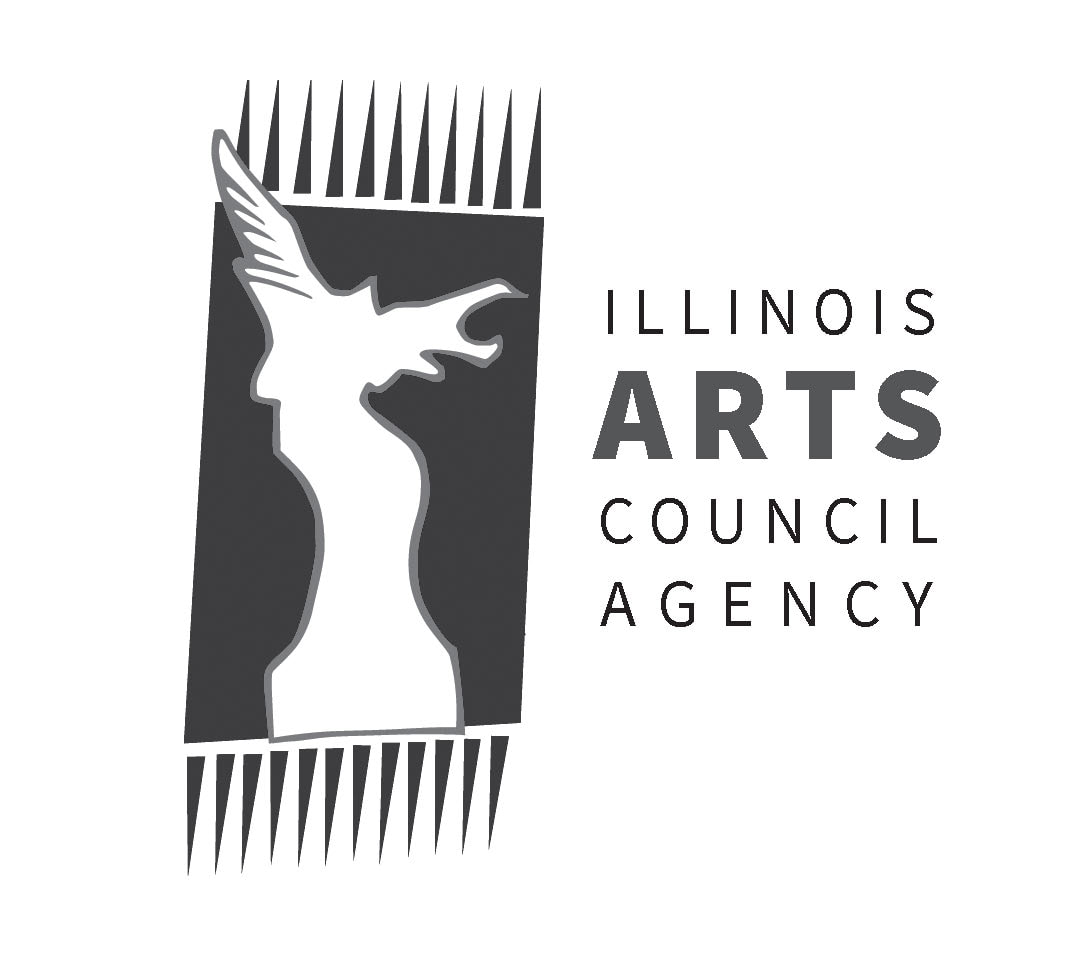|
The first half of this concert will be music of Haiti, Columbia, Brazil, Guadeloupe, Cuba, Canada, and Jamaica.
As I’ve mentioned, I looked for music written by black composers of the Western Hemisphere who wrote using western forms and styles, but who also infused elements of their particular cultures. I looked for composers who incorporated rhythms, language, and instruments. Each of the composers in our first half was celebrated and/or at least significantly recognized in his lifetime. Some of the music I found by composers from the Caribbean incorporated similar rhythms and energy, so, for programming’s sake, I chose to limit what would represent that style of music from that area of the hemisphere. Initially, I was looking for pieces such as cantatas, masses, pieces making use of traditional sacred texts; thinking in terms of Afro-Classical, rather than just looking for popular songs or folk song arrangements. Some of the pieces I found through online searches. Some things I found with the help of my friends at the Center for Black Music Research (CBMR) at Columbia College. I feel badly that I could not include all of the composers that I wanted. Ultimately, it came down to style, geographic location, accessibility (could I get my hands on the piece), level of musical challenge, and preparation time available. Our opening selection, “Twa Tanbou,” composer Sydney Guillaume mentions as being his most popular work. It has been performed by professional, school, and community organizations. The text comes down through his family and he set it at the suggestion of his mother. It’s lively, full of energy, and was probably one of our greatest challenges. Although some of the sounds we make imitate drums, we are singing mostly in Haitian Creole. I recently learned that the “Arrurru” by Alfredo Mejia Navarro we are singing was never published. I’m thinking this should be a US premiere. Arrurru is a lullaby, very straightforward in style and mostly homophonic. Getting the piece involved going through CBMR to the University of Indiana, to an archive in Columbia. The “Chantons Célébrons Notre Dame” from the opera L’Amant Anonyme by Joseph Bologne Chevalier de Saint-Georges was a fascinating find – an opera written by a black Guadeloupian/French composer. He was quite the soldier and fencing master, which makes me wonder when he had time to write music, practice the violin, and conduct. I learned that The Little Opera Theatre of New York is developing a project that will eventually involve a full presentation of the opera, and has already presented some excerpts. Early on, I discovered Nuñes-Garcia’s Requiem, from which we will be doing the opening “Requiem” movement. Here was a person born in Brazil, who was a grandson of slaves, was highly educated, studied music seriously, eventually became a priest, (and married and had children, as was usual in Brazilian society), traveled, and wrote much music. His Requiem reflects the period and the musical influences he was exposed to in his lifetime. The piece we are presenting by Cuban composer, Electo Silva, is rather nationalistic in character. It is his arrangement of a song by Pedro Gómez Rodríguez and comes from a collection of song arrangements Silva published in the mid-1990s. It is very dance-like in style, reflecting one of the musical styles popular in Cuba. We are reprising R. Nathanial Dett’s “Ave Maria.” Dett was Canadian-born but spent much of his creative and formative musical life in the United States. The piece exhibits hints of some of the characteristics of the folk songs and spirituals he often incorporated into his compositions. The piece closing the first half is by Jamaican composer, Andrew Marshall called “Mieri Sang.” The text comes from the Jamaican bible but is based on the verses of the Magnificat. It’s a lively celebration accompanied by piano and congas. Although there are a lot of separate pieces on this program, none is overly long. I like to think there is a wonderful variety that will keep the attention of the audience from piece to piece throughout the concert. |
Michael TeolisReflections on concerts, composers and music... Archives
February 2024
|

 RSS Feed
RSS Feed


